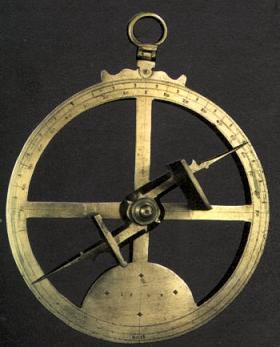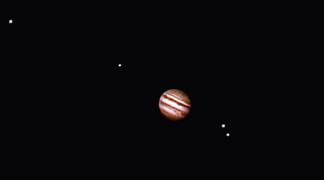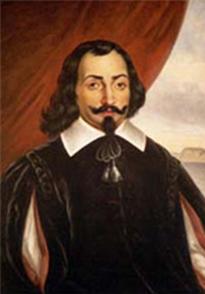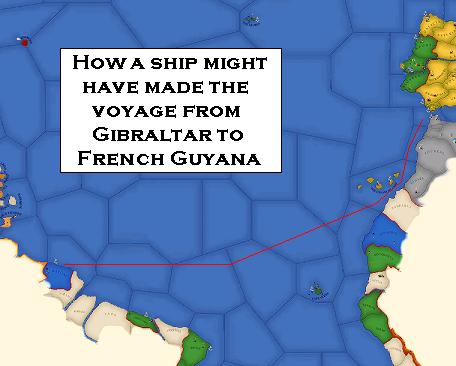Zeno: Yup - there was a book came out a couple of years ago I think? "Longitude" by someone or other. When I first saw it (while the Farquharson clan were pillaging in the Midlands) I was afraid my planned AAR would look to much like plagiarism, but no, in fact it hardly mentions Cassini and Huygens, so that was a relief.
Th(omas): The Chinese had discovered longitude in 1421? That I hadn't found out yet - I will look into it, but it sounds fascinating.
TreizeV: Thanks! But of course, telescopes seemed destined to get pointed upwards sooner or later!
CatKnight: I eagerly await our four-footed friends' return!
 Rythin:
Rythin: OK, well how about this - I beat up some Spanish in Atacama when I wasn't even at war with Spain - is that evil warmongering or what!

?
Xizo: Well, I will try to keep up the standard. More is coming soon but I've been a bit distracted the last few days - also massive thunderstorms in Marseille have meant the PC has been kept off a fair bit - lame excuses, I know...
I thought I told you
Troggle - NO POSTS HERE TILL YOUR 1200TH!!!
 coz1:
coz1: Glad you like it - I'm learning a lot myself, of course!
So, no update right now, sorry. But I can promise that the next one will actually get beyond 1617! Richelieu has now appeared to lead France into a glorious age of colonization and scientific enterprise! To boldly go where no frog has gone before...

 But colonialism and trading is not something that could be called evil warmongering...
But colonialism and trading is not something that could be called evil warmongering...




